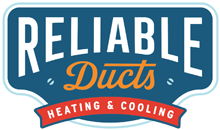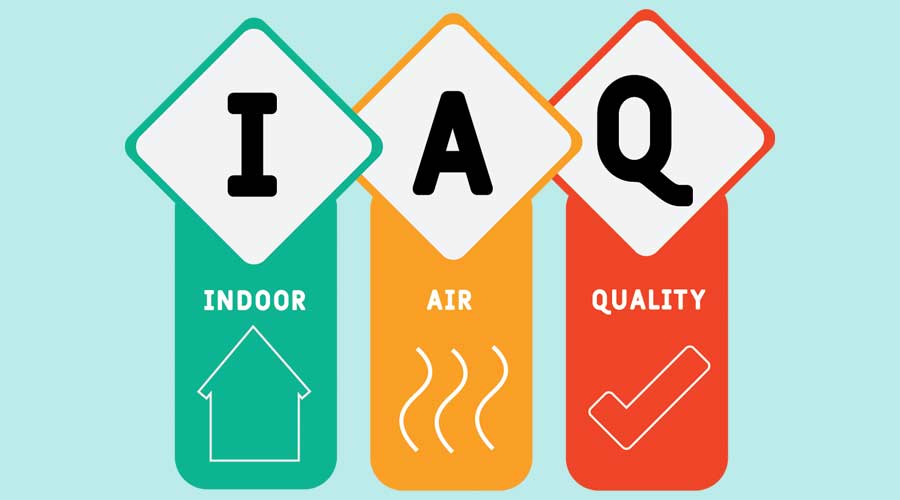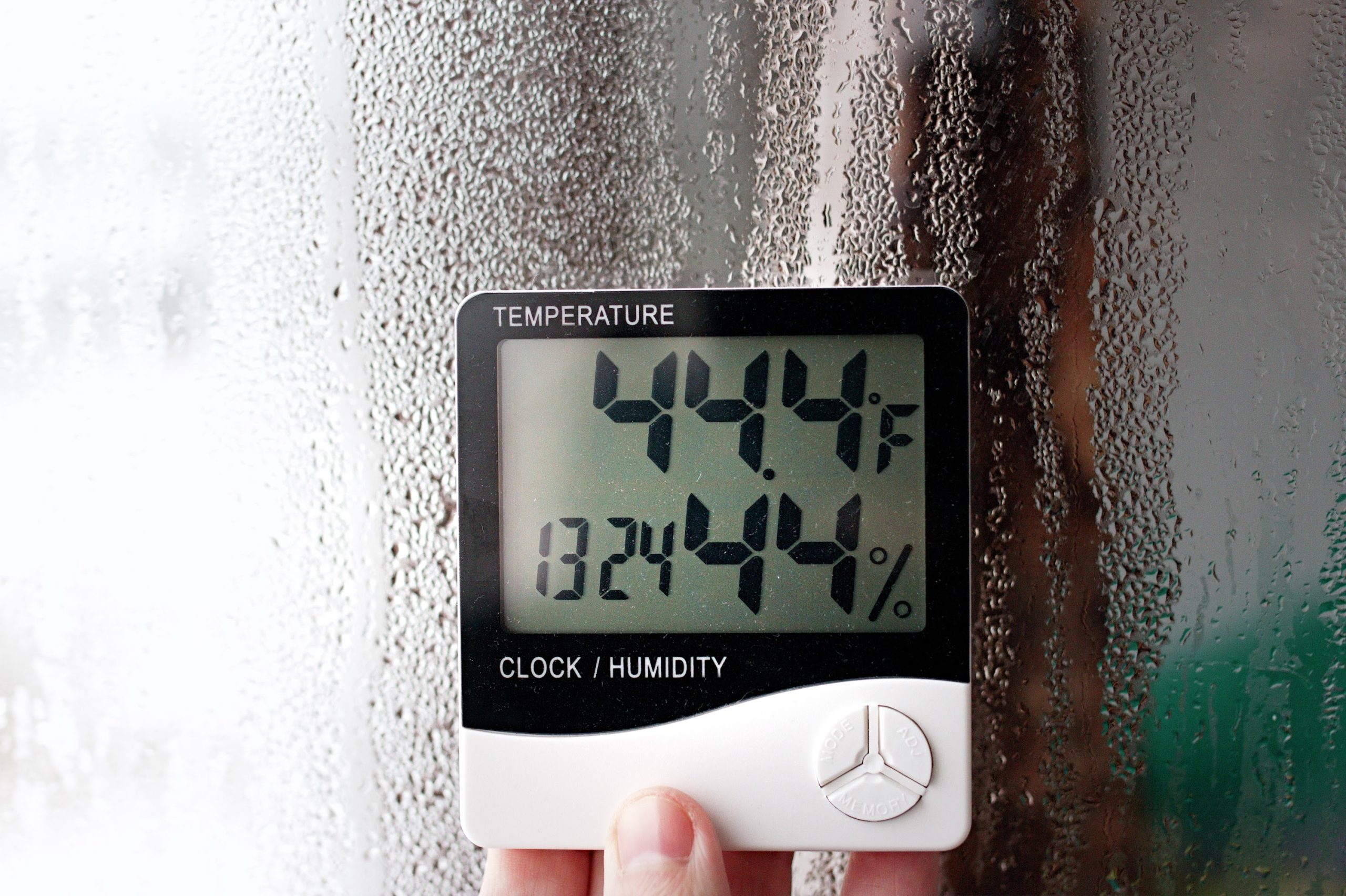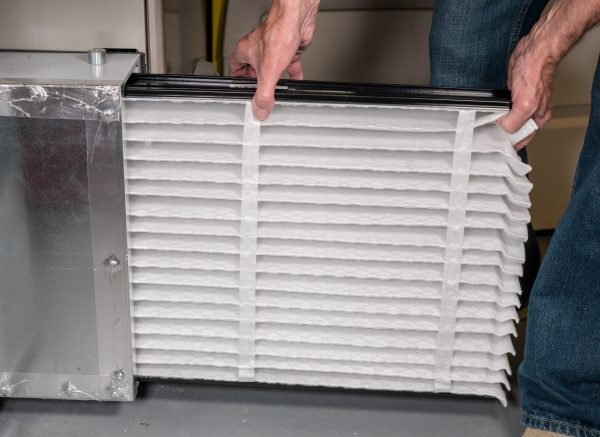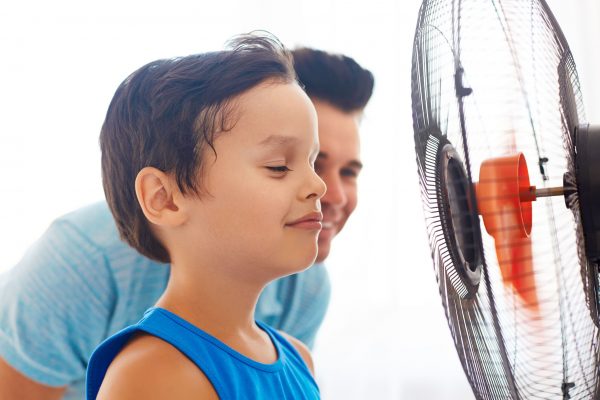Humidity levels in North Florida present their own set of unique challenges for homeowners. Excess humidity can lead to a myriad of problems, like an uncomfortable living environment and unnecessary wear and tear on your HVAC system. At Reliable Ducts Heating & Cooling, our expert technicians have seen how difficult humidity can make air quality control. That’s why we recommend top-of-the-line dehumidifier solutions to combat these humidity-related issues. Let’s take a closer look at the benefits many local homeowners experience when they add a dehumidifier to their homes.
1. Reduced Energy Consumption
When you turn on your air conditioner, your home becomes cooler and less humid. This makes the space a lot more comfortable. Unfortunately, many homeowners believe that this is a good answer to the humidity issue in their living environment. While it certainly feels more comfortable in the short term, the truth is that using the air conditioner to lower humidity is not a sustainable solution. Running your air conditioner for the purpose of dehumidification puts undue strain on your HVAC system. This leads to increased energy consumption, higher utility bills, and more frequent repairs.
Additionally, your air conditioner wasn’t designed to keep up with rising humidity levels. On days with high humidity outside, or when someone in your house is cooking or taking a shower, the humidity inside will increase. Meanwhile, your air conditioner will keep straining to attempt to resolve the issue.
A dehumidifier lowers humidity levels and the burden on your air conditioning unit to perform jobs outside the scope of its intended use. This saves energy and creates a more cost-effective and sustainable solution.
2. Keep Your HVAC System Working Well
Not only will a dehumidifier save on the amount of energy your air conditioner uses, but it can also prolong the life of your HVAC system and help it work well. High humidity levels force your HVAC system to work harder, resulting in increased wear and tear. By reducing the workload on your home’s existing air systems, your dehumidifier works to save you money on AC repairs and replacements.
3. Promote Healthier Air in Your Home
High humidity levels create an ideal environment for mold, mildew, and bacteria. These irritants can create allergies and respiratory problems for you and your family.
By maintaining optimal humidity levels, a dehumidifier minimizes the presence of these irritants, improving indoor air quality and safeguarding your family’s health.
4. Make Your Home a More Comfortable Space
Daily activities can quickly become uncomfortable when your home is excessively humid. For example, activities like cooking and showering add to the overall humidity and become activities to avoid. It’s difficult to imagine working out in your home environment when the air feels sticky. When the humidity feels uncomfortable enough, people would rather spend money going out to places where the air feels dryer than stay in and enjoy their own homes.
A dehumidifier can eliminate stickiness and discomfort, allowing you to enjoy a pleasant living environment. These devices are designed to keep up, no matter what activities you do in your space. For many people, this means feeling free to cook dinner, even on summer evenings in the Florida heat.
5. Eliminate Nasty Odors
Mold, mildew, and bacteria love damp environments. Unfortunately, this leads to unpleasant odors. If you’ve ever walked into a musty basement, you’re familiar with the unpleasant smell humidity can cause. Unfortunately, these smells can sometimes go unnoticed until they become overpowering, making it even harder to tell where they’re coming from.
Regulating your home’s humidity levels reduces bacterial growth. This then reduces the chance of musty odors invading your home space. A dehumidifier ensures that you have a fresher and more pleasant-smelling home to enjoy.
6. Safeguard Against Home Damage
Jacksonville’s consistently high humidity levels can cause damage to your home’s structure over time. Some of the common issues homeowners face include peeling paint, warped wood, rot, and weakened foundations. A dehumidifier eliminates excess moisture, protecting the integrity of your home and saving you from expensive repairs.
7. Keep Your Belongings Safe
Furniture, electronics, and other prized belongings are also at risk of damage from mold growth, warping, and rot. The items stored in a closet, basement, or attic are particularly at risk. These spaces where homeowners tend to store their most precious items are also the spaces that don’t get a lot of airflow and so they are at the highest risk of damage due to high humidity levels.
Installing a dehumidifier ensures optimal humidity levels throughout a home, which then safeguards valuable possessions.
8. Avoid the Troubles of Condensation
Many homeowners view condensation as a nuisance, but it’s much worse than that. Excess humidity promotes condensation, which can cling to walls and surfaces. Over time, this seemingly small issue can lead to water damage and the growth of mold and mildew.
This is a particularly common issue in bathrooms. Many homeowners first notice the problems caused by condensation as their showers turn slick, develop a pink film, or dark mold grows between the tiles. Even though they try to clean their bathroom as often as possible, they can’t keep up with the mold and mildew. This is a chronic issue caused by excess humidity and condensation.
A dehumidifier can reduce humidity levels, preventing the common problems caused by excessive condensation.
9. Enjoy Peace of Mind
Every homeowner wants to know that their home is a safe place for their family to enjoy. No one wants to go through their day with added worries nagging in the back of their mind.
Adding a dehumidifier provides homeowners with the peace of mind they deserve. It eliminates concerns about excess humidity and its detrimental effects on a home and the health of everyone who lives there. Every time they enter their space and feel the dry, refreshing air, they know they can relax. At the end of the day, this is truly the best benefit a dehumidifier or any air quality control measure can bring.
Consult the Experts
Improving your indoor air quality and comfort is a worthy investment. Adding a dehumidifier to your home is an essential step toward creating a healthier and more comfortable space for you and your family. When it comes to taking this kind of proactive step toward improving your indoor air quality and comfort, it is essential to consult professionals. Our highly skilled technicians have earned Reliable Ducts Heating & Cooling a long-standing reputation as a trusted industry leader in Jacksonville, Florida, and the surrounding area. We are a family-run business that prides itself on providing our community with customer-focused services.
Our highly skilled team can assess your home’s specific needs, considering factors such as climate, existing moisture issues, and the size of your property. With our expertise, we will recommend the ideal dehumidifier for your personal requirements. In addition, our team works on repairing, installing, and performing regular maintenance for air conditioning and heating systems as well. In fact, we perform many air quality services including duct cleaning, ventilation testing, and installing UV air purifiers.
Take the first step toward a healthier and more comfortable home. Contact Reliable Ducts Heating & Cooling today for more information on our air quality and dehumidifier solutions.
